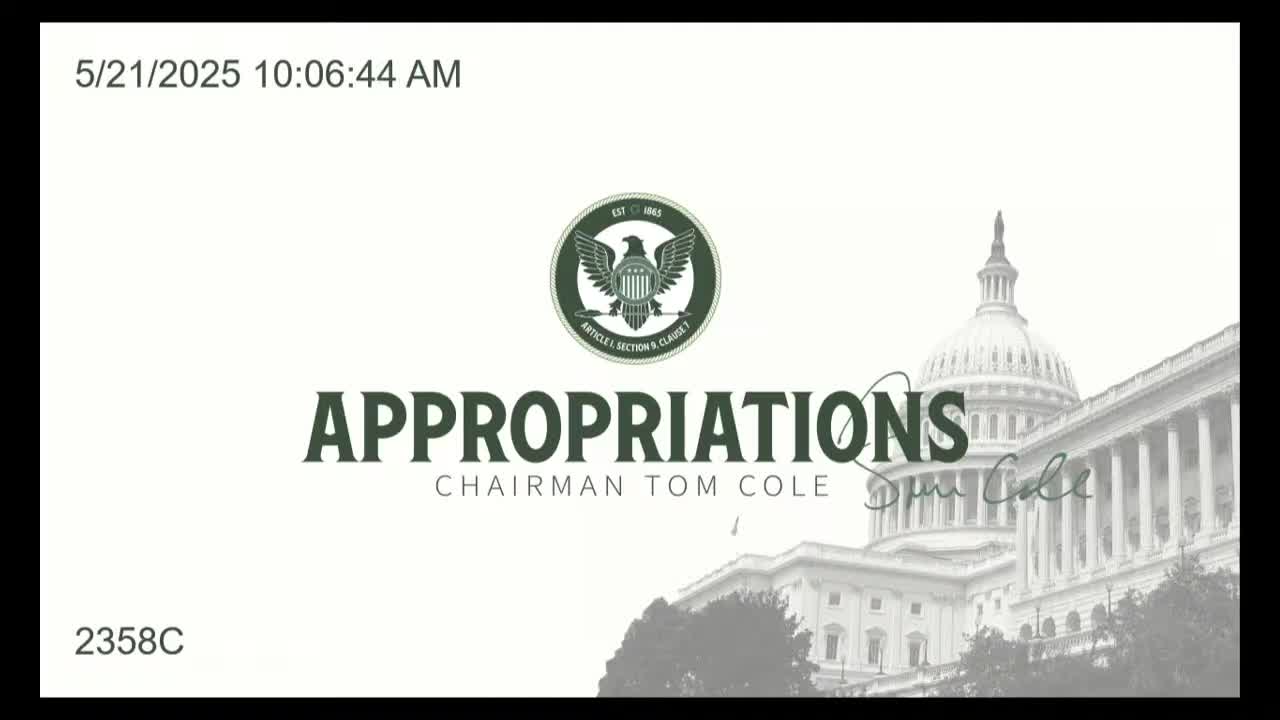Article not found
This article is no longer available. But don't worry—we've gathered other articles that discuss the same topic.
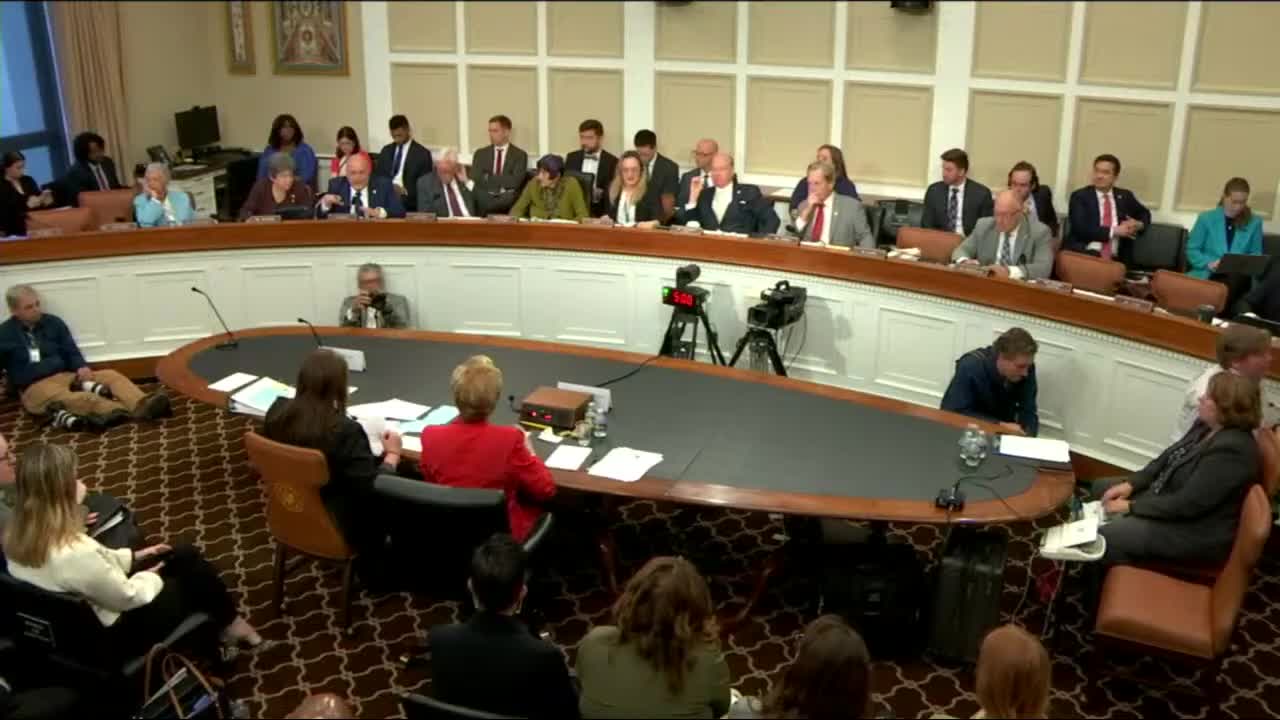
Members press secretary on staff cuts, rehiring and outside influence after Musk meetings
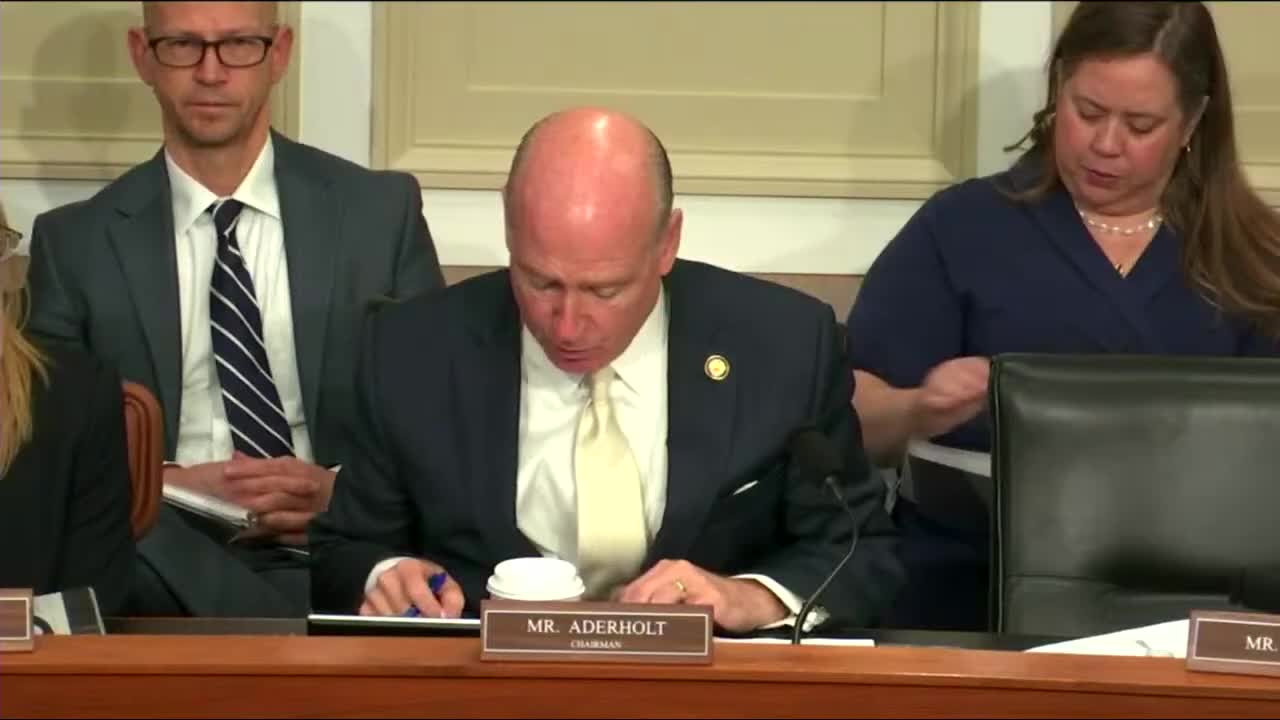
Education Secretary says department is resuming collections; committee members raise concerns about defaults and servicing confusion
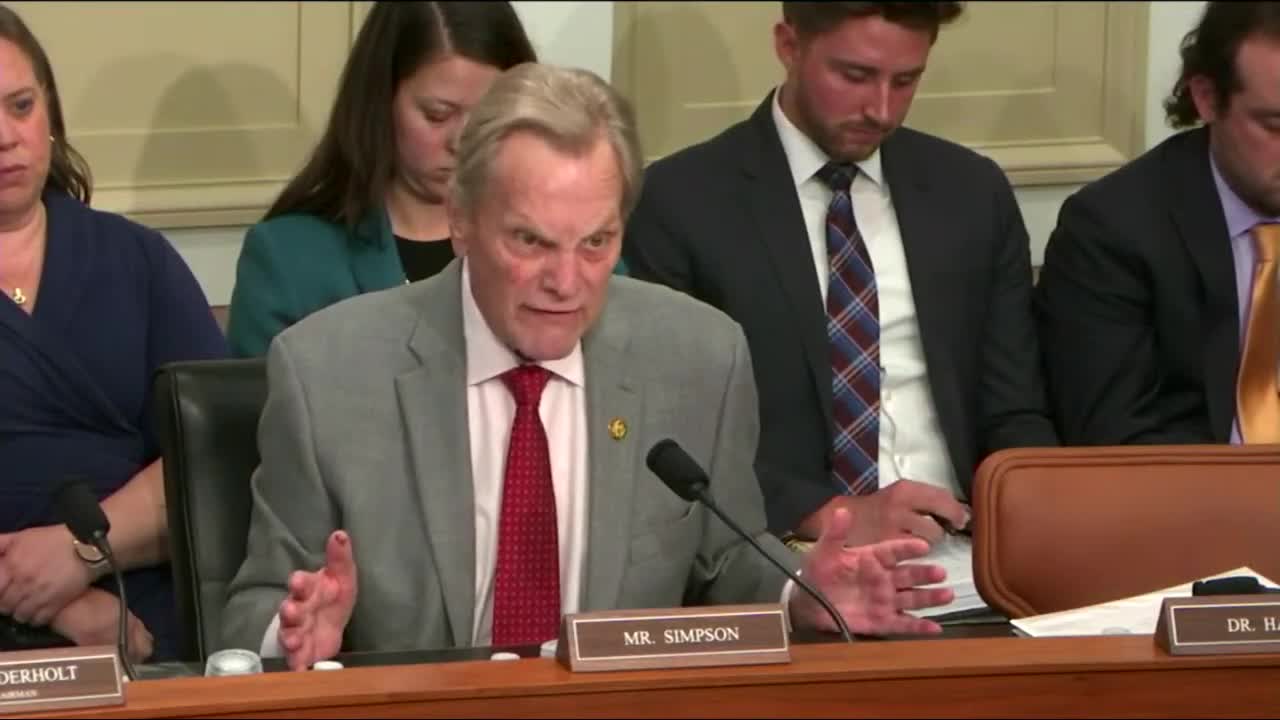
Committee presses secretary after administration proposes eliminating TRIO and GEAR UP
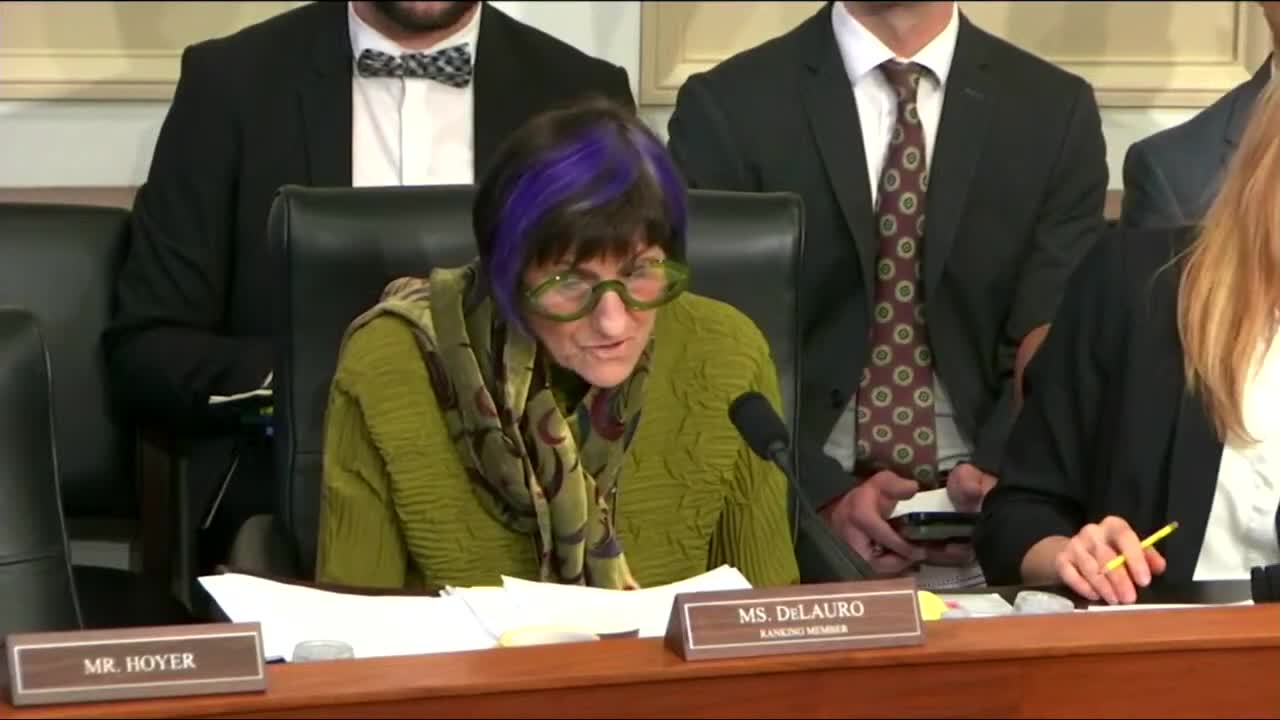
Lawmakers press Education Secretary on canceled and frozen school mental-health grants
